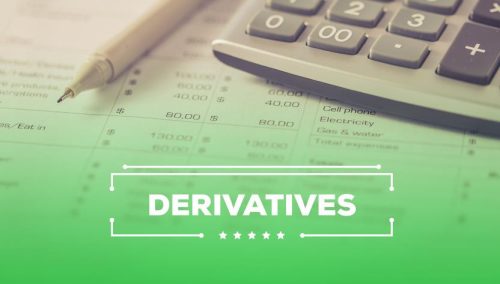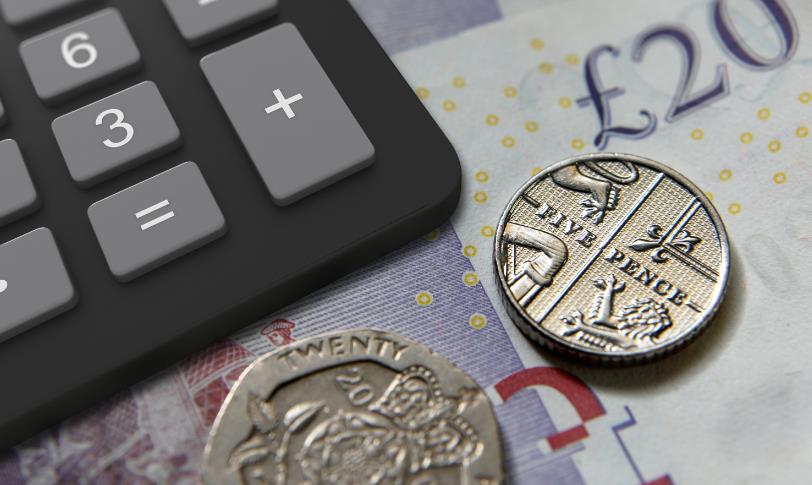Table of Contents
While UK inflation dropped to 6.8% in July and the Bank of England appears to approach the end of its rate-hiking cycle, it may be some time before the economy is out of the woods on these shores.
In fact, at least one further rate hike could be implemented even as inflation continues to fall, while a higher base rate in excess of 5% could well be sustained into 2024 as the economy begins to consolidate.
While this isn’t necessarily good news for households or businesses in the UK, those of you with financial and economic insight will retain the ability to generate income and make lucrative investments.We’ll explore precisely how this can be achieved in the article below!
How to Make Money in a Challenging Economy?
1. Consider Trading Derivatives
While you should always tailor your investment portfolio to suit your starting capital, appetite for risk and the wider market conditions, it’s important to at least consider speculative assets and derivatives such as forex.
While forex for beginners can be challenging and highly complex, it enables you to profit even as the value of assets and currencies depreciate, as such entities are highly speculative and traded in pairs. So, you can trade without having to assume ownership of the underlying asset, using knowledge and analysis to build flexible profits over time.
 There are also various strategies that you can use to trade forex based on your level of experience and risk profile. For example, scalping and day trading are ideal for risk-hungry investors, as they require you to target momentary price shifts with a high volume of orders.
There are also various strategies that you can use to trade forex based on your level of experience and risk profile. For example, scalping and day trading are ideal for risk-hungry investors, as they require you to target momentary price shifts with a high volume of orders.
With both scalping and day trading, you won’t maintain open positions overnight, while the former will see you open and close positions in a matter of moments. Similarly, both will see you strive to achieve incremental profits during the day, with a view to minimising market exposure in real time.
Then there’s ‘swing’ and ‘position’ trading, which require you to adopt a much longer-term outlook and are better suited to investors with a more risk-averse approach.
With these strategies, you’ll maintain open positions for days, weeks and in some instances, months, creating a more traditional investment approach that will look to leverage sustainable asset growth. As a result, you’ll eschew short-term price shifts, creating the need for less intensive or complex analysis.
Obviously, you’ll need to start small when trading currency and only look to scale your efforts organically and in line with profitability and experience. We’d also recommend prioritising major currency pairs if you’re a beginner while maintaining as broad and diverse an investment portfolio as possible.
2. Optimise Your Capital Holdings
Regardless of your appetite for risk, you should look to actively increase and optimise the amount of money that you invest during times of economic downturn and recession.
Of course, this comes with a semblance of increased risk, but this can be managed so long as you only invest using your disposable income and an amount of money that you can afford to lose.
This amount can vary depending on your wealth and income, but there’s no doubt that maximising your output and initial investment level is key to optimising potential returns. The question that remains, of course, is which assets should you target with your starting capital during periods of slow economic growth?
 Arguably, the stock market is one of the best asset classes for investing your capital in a strained economic climate. The reason for this is simple, the inevitable decline in consumer spending and reduced company earnings can cause significant stock sell-offs, organically lowering share prices and creating a much lower buy-in price.
Arguably, the stock market is one of the best asset classes for investing your capital in a strained economic climate. The reason for this is simple, the inevitable decline in consumer spending and reduced company earnings can cause significant stock sell-offs, organically lowering share prices and creating a much lower buy-in price.
In the worst-case periods of economic depreciation, stock prices could drop by as much as 20% or 30%, creating high-value shares that are likely to appreciate in the future and provide secure stores of wealth over time.
Ultimately, the key is to maximise the amount you can invest responsibly before identifying the best value assets for optimising your returns.
3. Safeguard Your Income
On the subject of maximising your capital holdings, it’s also crucial that you protect your income during difficult economic times.
Even in the world of high-stakes investment, maintaining a stable and reliable income is pivotal and a key tenant of continued personal finance success. It’s also a founding principle of wealth building and accumulation, especially in terms of creating sustainable income and maximising investment opportunities.
 How you achieve this depends largely on the nature of your employment. For example, if you’re in a stable 9-5 role, it’s important to focus on being consistently the top performer in your workplace while adding value wherever possible.
How you achieve this depends largely on the nature of your employment. For example, if you’re in a stable 9-5 role, it’s important to focus on being consistently the top performer in your workplace while adding value wherever possible.
As a freelancer, it’s important to be proactive and consistently looks to build new income streams, whether this involves entering into new and additional contracts or improving your payment terms with existing clients.
By prioritising your income streams and not becoming too preoccupied with new investment opportunities, you can protect your capital from both ends and avoid the worst consequences of an economic downturn.



